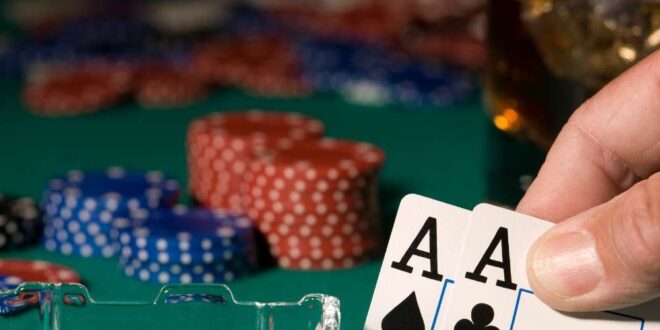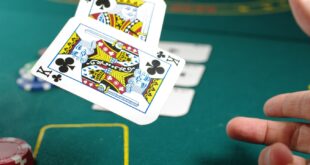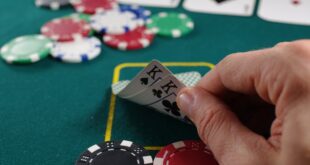Poker is more than just a fun card game – it can provide some surprising cognitive, psychological, and even physical impacts on dedicated players. Let’s explore 14 fascinating effects that playing poker has on you that you probably never realized.
1. Strengthens mathematical skills
Calculating pot odds, and equity percentages, and making statistically informed decisions train essential math faculties like probability analysis, risk assessment, and quick mental arithmetic. Over time, regularly crunching numbers during hands intrinsically reinforces these competencies.
2. Heightens focus and concentration
The intense mental stamina poker demands develop razor-sharp attention skills and concentration abilities. Tracking bets, assessing facial tics, reviewing past hands, and more simultaneously require laser focus to avoid costly distractions during pressure decisions.
3. Makes your wallet fat – if you know how to play
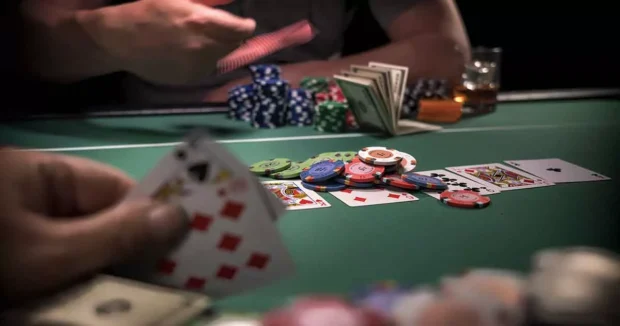
While many chase poker as a pipe dream of easy riches, developing genuinely profitable skills takes tremendous time and effort. But for those committed to strategically excelling at the game, poker offers financial rewards elusive to most professions if the mental game is mastered.
While poker may appear just a simple card diversion on the surface, serious play fundamentally transforms psychology and cognition in unexpected ways. Both skill-building mental development and intrinsic personality evolution emerge from the pressures of the game. If you don’t know how to play poker, USA Casinos 24/7 has a great guide for beginners along with a list of casinos for playing online poker in the US.
3. Controls emotional responses
By directly punishing players who reveal emotions through betting patterns, facial expressions, and chat box tilt-outs, poker inherently rewards restraint in emotional processing. Developing a stoic detached demeanor leads to better decisions unaffected by moods.
5. Damps facial muscles
The facial control poker rewards cause some players to unconsciously dampen certain facial muscles to prevent revealing tells. This manifests as a stony-faced detached glare unconsciously practiced at the table that persists even off the felt.
6. Promotes healthy sleep habits
Between late-night tournament schedules and staying up studying hands, poker can easily breed poor sleep habits. But experience teaches most players keeping solid sleep routines for mental sharpness offers a competitive advantage. Pushing bedtimes too late impairs essential cognitive skills.
7. Creates patience
Waiting to be dealt premium hands or losing a bad beat demands Zen-like patience at the poker table. Experienced players intrinsically develop patience through tables hours of playing – and waiting – necessary to succeed long-term. This patience transfers beyond poker into day-to-day life.
8. Stimulates memory
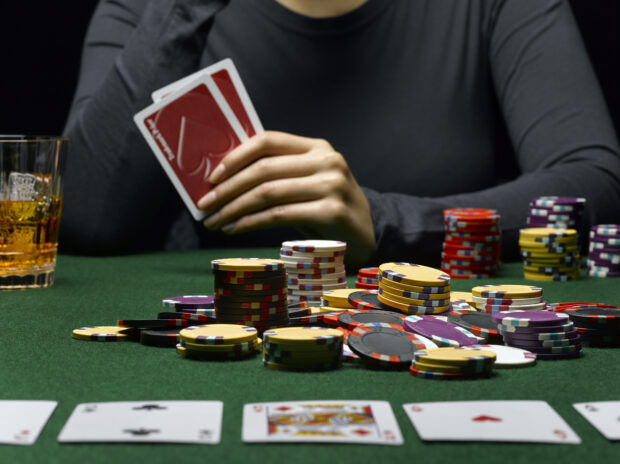
Retaining statistical odds for different hand ranges and weighing past bet sizing to detect bluffs taxes memory faculties – but strengthens them too through continual practice. Studying footage of previous hands also flexes visual memory to sharpen recall.
9. Enhances risk assessment skills
Evaluating sophisticated factors like pot equity, implied odds, stack-to-pot ratios, and more fundamentally trains intuitive judgment in assessing risky scenarios. As skills grow, players better distinguish profitable risks from reckless gambles by leveraging trained intuition.
10. Promotes mental stamina
Poker demands unrelenting mental acuity managing multiple evolving variables simultaneously for hours on end without break. Just like athletic pursuits strengthen physical stamina, poker builds formidable mental stamina necessary to endure pressure-packed tournaments right to the river card.
11. Fosters emotional intelligence
By rewarding stoicism and punishing emotionality, poker drives emotional intelligence – specifically emotionally channeling feelings productively rather than suppressing them. Venting or complaining tilts the game while rational introspection and adjustment win.
12. Magnifies competitiveness
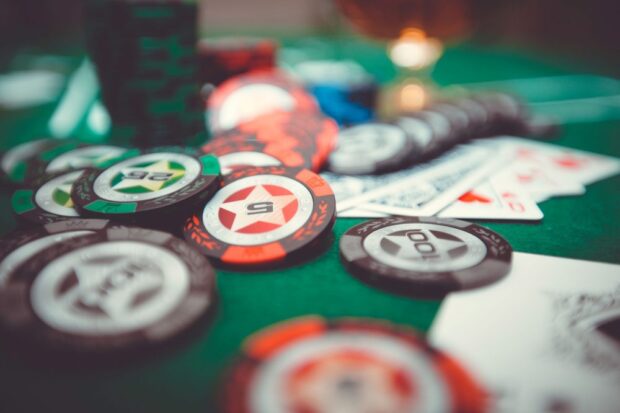
The relentless competition inherent to poker inherently magnifies the competitive drive of serious players. Even friendly home games breed an amplified internal push for strategic mastery. This infectious competitiveness bleeds into other facets of life too.
13. Accentuates individualism
Unlike team sports, success at poker ultimately hinges on the player’s solitary abilities. This naturally focuses players on individual skill sets rather than collective coordination. Coupled with competitiveness, poker accentuates self-focused advancement over group harmony.
14. Inspires systematic thinking
Mastering poker requires perceiving situations systematically – assessing factors, identifying assumptions, and tracking evolving scenarios. This analytical skill translates broadly, training methodical step-by-step thinking that considers all variables of complex problems.
While poker may appear just a simple card diversion on the surface, serious play fundamentally transforms psychology and cognition in unexpected ways. Both skill-building mental development and intrinsic personality evolution emerge from the pressures of the game. Through a remarkable blend of emotional control, calculative acuity, competitive drive, systematic analysis and more, poker organically cultivates incredible mental faculties beyond most recreational games. Just another example of skilled poker players playing on a whole different level from casual amateurs!
 Poker Players Alliance Casino & Gambling Articles 2024
Poker Players Alliance Casino & Gambling Articles 2024
